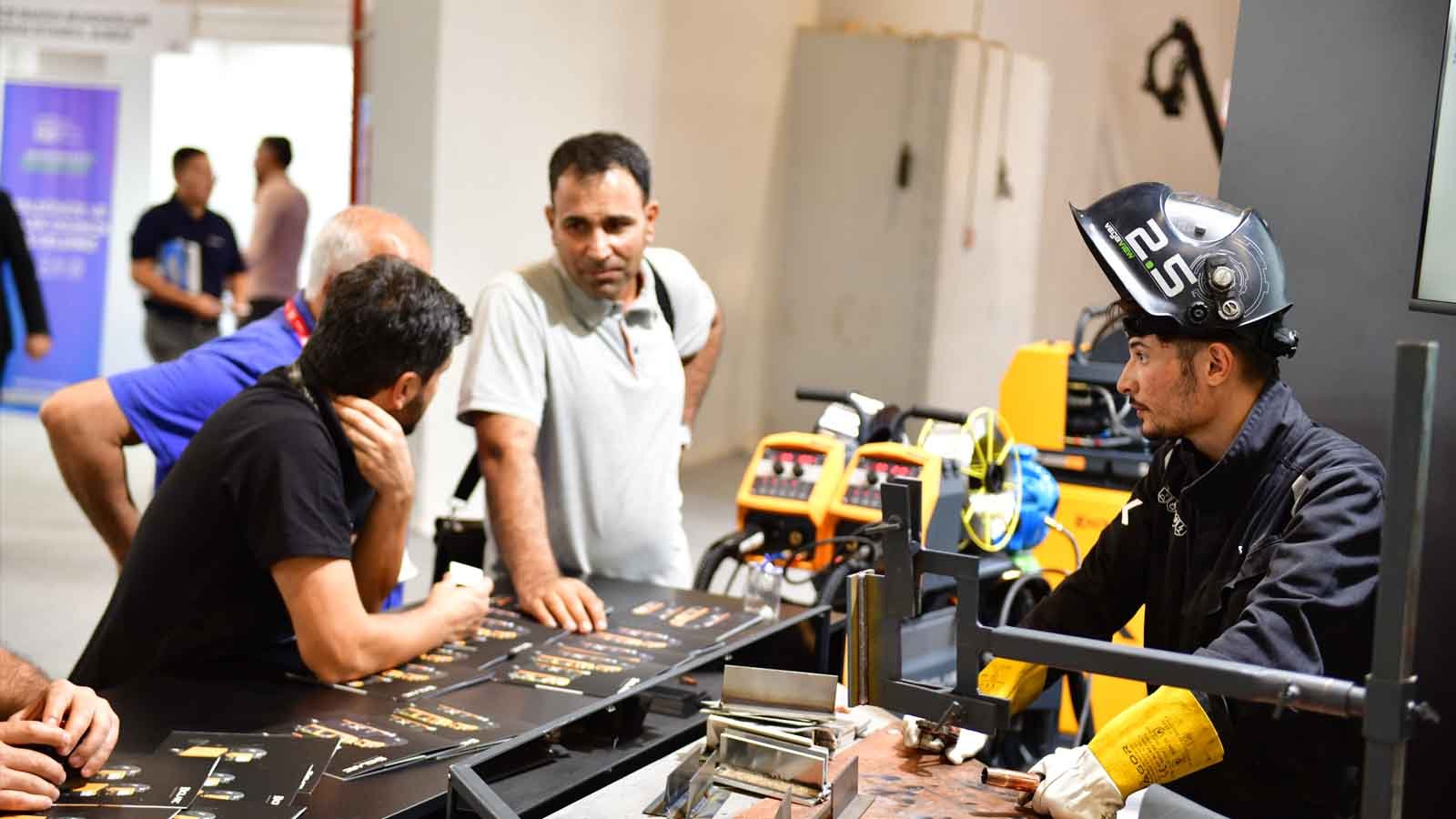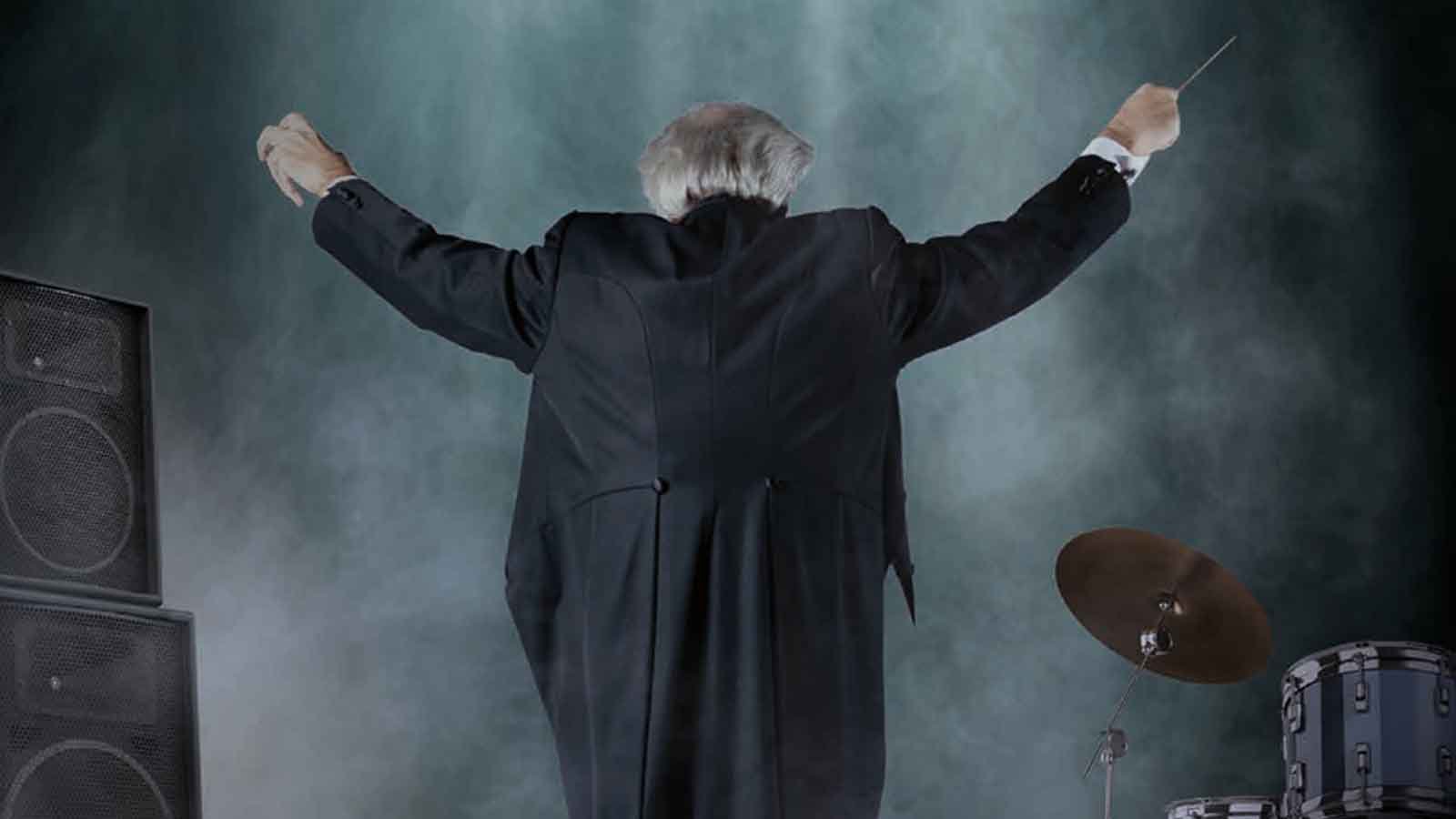Stating that the earthquake can also affect the oral and dental health of people, Prof. Dr. Meriç Karapınar Kazandağ said, “We observe that the incidence of non-dental toothaches due to other causes has increased both in our patients coming from the earthquake region and in the general population. We come across many patients who have their teeth extracted due to toothaches that are not caused by dental diseases.
Stating that the earthquake disaster had effects on oral and dental health as in every other field, Yeditepe University Faculty of Dentistry Deputy Dean Prof. Dr. Meriç Karapınar Kazandağ provided special information for the 20 March World Oral Health Week.
“It Is Very Important To Diagnose The Source Of Pain Correctly”
Making statements about the state of oral and dental health in Turkey, Prof. Dr. Kazandağ said, “If we evaluate in Turkey, our people usually brush their teeth; however, interface cleaning has not yet become widespread. For this reason, we still frequently observe caries and gum diseases starting from the interfaces of the teeth. It is very difficult to clean the facing surfaces of the teeth with a normal toothbrush. There are dental floss and interface brushes produced for this purpose. Additional cleaning should be done using them. Anyone who does not go to the dentist every 6 months and does not have dental calculus cleaning may experience oral and dental health problems.
Stating that studies have shown that 66 percent of people have felt pain in the last 6 months, Kazandağ said, “12 percent of these pains appear as toothache. It is very important to diagnose the source of the pain correctly.
“Detailed Examination Performs by Endodontics Specialist”
Pointing out that toothache can be caused by situations that are caused by and not caused by the teeth, Prof. Dr. Meriç Karapınar Kazandağ said, “Patients apply to the dentist with non-dental pain as well as toothache, mostly pain caused by the jaw joint and chewing muscles. Since many factors can cause toothache, dentists should listen to the patient very carefully and perform a detailed examination before starting the treatment. In centers where various specialists work, this detailed examination of toothache is usually performed by endodontists.
“3 out of 100 toothaches are not caused by teeth”
Emphasizing that non-dental toothaches may increase after the earthquake disaster, Prof. Dr. Kazandag said:
“Approximately 3 out of 100 patients referred to the endodontics departments suffer from non-dental causes. However, in recent days, after the earthquake disaster experienced in our country, we observe that the incidence of non-dental toothaches has increased both in our patients coming from the earthquake region and in the general population. A study on this subject has not been published yet; However, as an endodontist, I think that physical and psychological injuries that occur during earthquakes may contribute to this increase. The disaster of the earthquake made us all very sad, we lost a lot of lives, we have many injured. We have had patients who suffered head and neck injuries, lost their limbs, and damaged their internal organs. These physical injuries lead to nerve damage. Nerves can also confuse some data in the central nervous system. Sometimes there may be confusion in the peripheral nerves, and sometimes there may be illusions in the central nervous system. As a result, patients may perceive pain that is not actually caused by teeth as if they were toothaches.”
“Anxiety Disorders Also Reveal the Illusion of Toothache”
prof. Dr. Kazandağ gave the following answer to the question “what should be done” if it turns out that the pain is not caused by a tooth after a detailed examination:
“If we think it is caused by injury of the chewing muscles or the habit of clenching, we refer it to dentists who specialize in this area. If we think that the nerves are damaged as a result of trauma or infection and the cause is related to the tooth, we treat it as dentists, otherwise we refer it to a ‘neurology specialist’. We refer toothaches caused by sinus infection or allergic reasons to an ENT specialist. More rarely, pain arising from structures in the heart, chest, throat, neck, head and face may also be reflected in the teeth. When we think of such a possibility, we first refer him to a ‘Pain specialist’ for necessary evaluations and referrals, if any. Some people may also feel ‘psychogenic toothache’ as a reflection of their impaired perception due to ‘Somatoform disorders’ or ‘anxiety disorders’. In such cases, which can also occur after psychological trauma, we refer our patients to a ‘Psychiatrist’.”
“We Come across Many Patients Who Lose Their Teeth In This Way”
Stating that it is very important to diagnose non-dental toothaches correctly, Prof. Dr. Kazandag continued his words as follows:
“When non-dental toothaches are not diagnosed correctly, patients are exposed to unnecessary interventions such as root canal treatment or tooth extraction when the pain does not go away. That’s why I can recommend patients to go to their dentist and get checked out, and seek help from other specialists instead of insisting that their teeth be extracted. Patients insist that they have toothache. Even if it is not certain that he has toothache as a result of the examinations, the patient has root canal treatment as a result of great insistence. After the root canal treatment, the pain usually goes away between a week and 10 days. But after a while it starts again. In this case, the patient may come with a request such as I cannot bear this pain, I want my tooth extracted. When the insistence continues, the tooth is extracted and after a while it enters a vicious circle. The pain skips to the next tooth; Root canal treatment is performed on that tooth and the tooth is extracted. This continues in a cycle. We come across many patients who lose their teeth in this way.”
Source: (BYZHA) – Beyaz News Agency

































